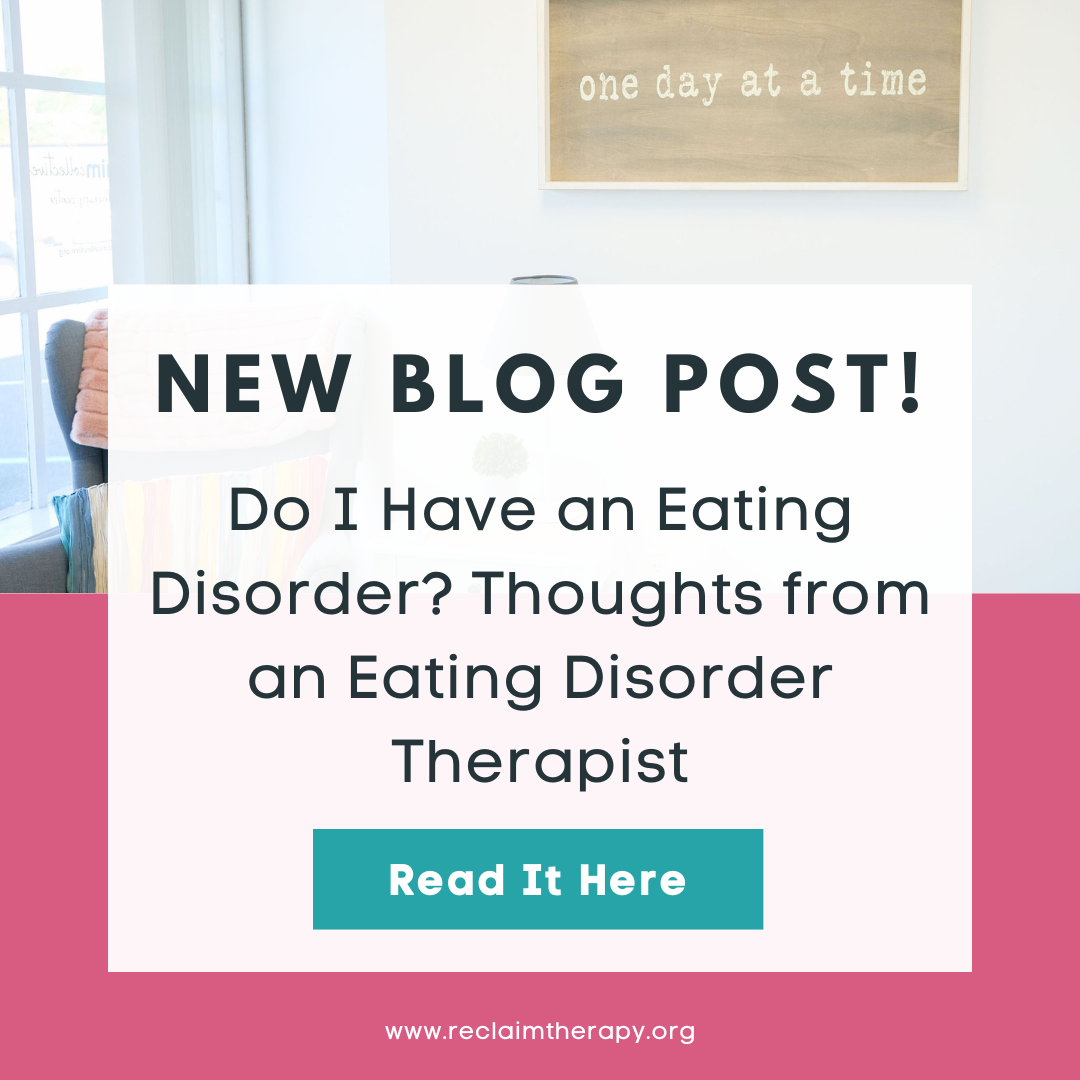
Do I Have an Eating Disorder? Thoughts from an Eating Disorder Therapist
If you're typing this into Google, you're probably not doing it casually.
Something feels off.
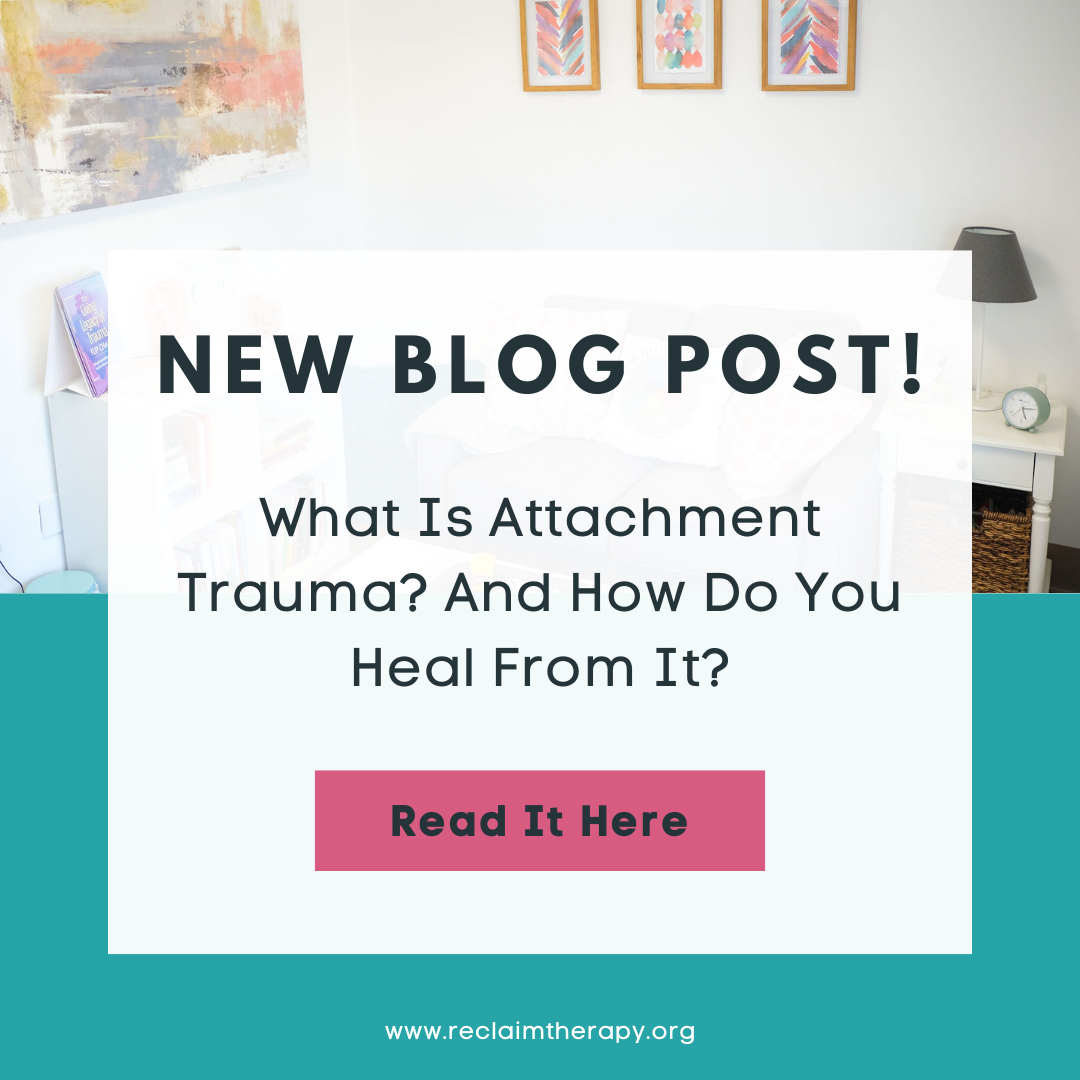
What Is Attachment Trauma? And How Do You Heal From It?
Attachment trauma happens when the people you depended on for safety, comfort, and emotional connection were inconsistent, unavailable, frightening, or emotionally immature.
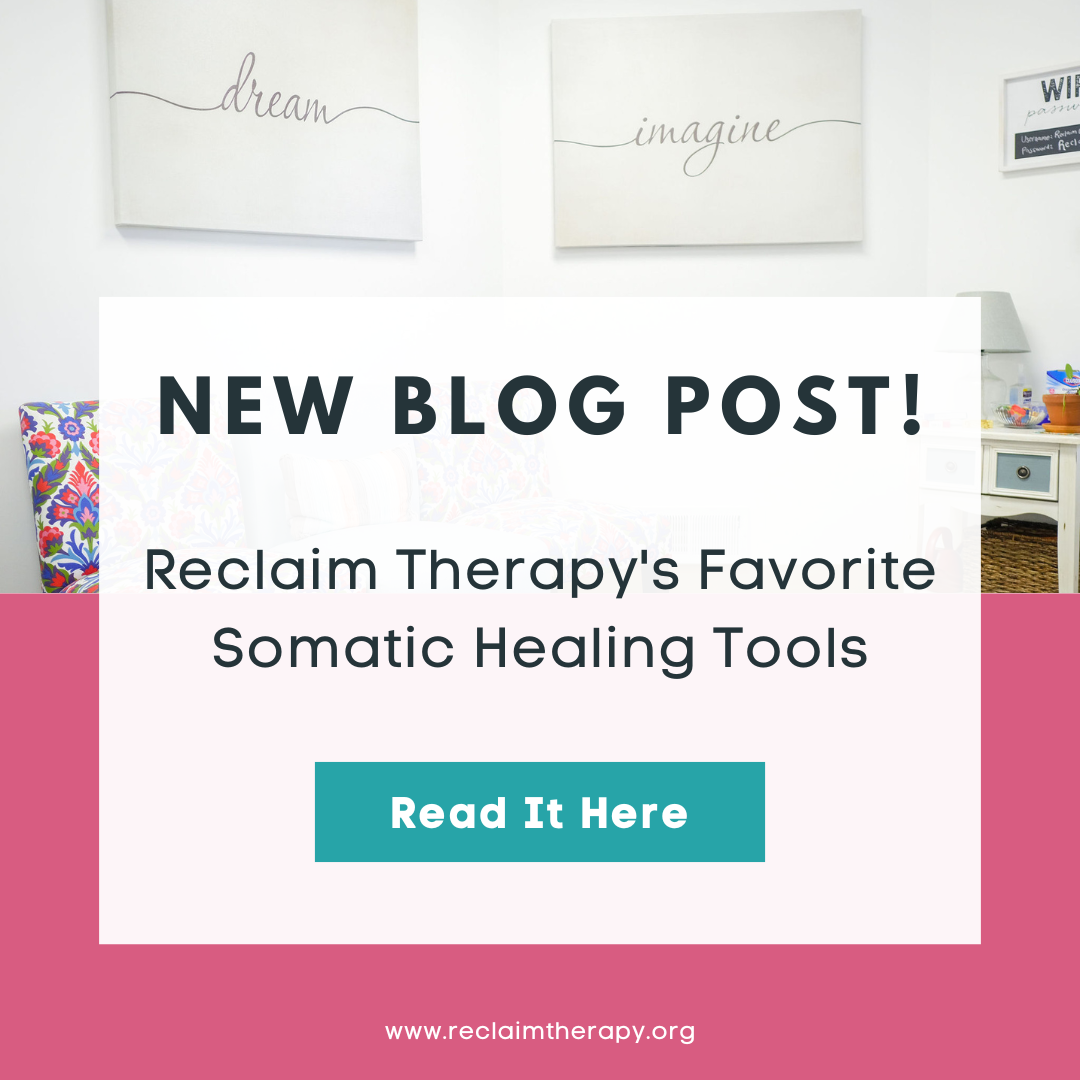
Reclaim Therapy's Favorite Somatic Healing Tools
Traditional talk therapy has its place, but when you're dealing with trauma, anxiety, or a dysregulated nervous system, talking about it just isn't enough to lead to lasting change. Your body is holding the story, and it needs different tools to heal.

How OCD and Eating Disorders Often Go Hand in Hand
You might notice intrusive thoughts about food that won't quiet down, rituals around eating that feel impossible to break, or a sense that your brain has hijacked both your relationship with food and your peace of mind.

What Does It Mean to Be Emotionally Available? And, Why Trauma Makes it Complicated
People throw around "emotionally available" like it's a checkbox on a dating profile or something you can will yourself into becoming if you just try hard enough.
And if you've ever felt like you want to be close to people but something inside you slams the door shut? That way of thinking about it doesn't just miss the point, it can really reinforces shame.

7 Signs You Grew Up With Emotionally Immature Parents (And Why They Still Affect You)
Many people don’t realize they grew up with emotionally immature parents because nothing looked obviously “bad” from the outside.
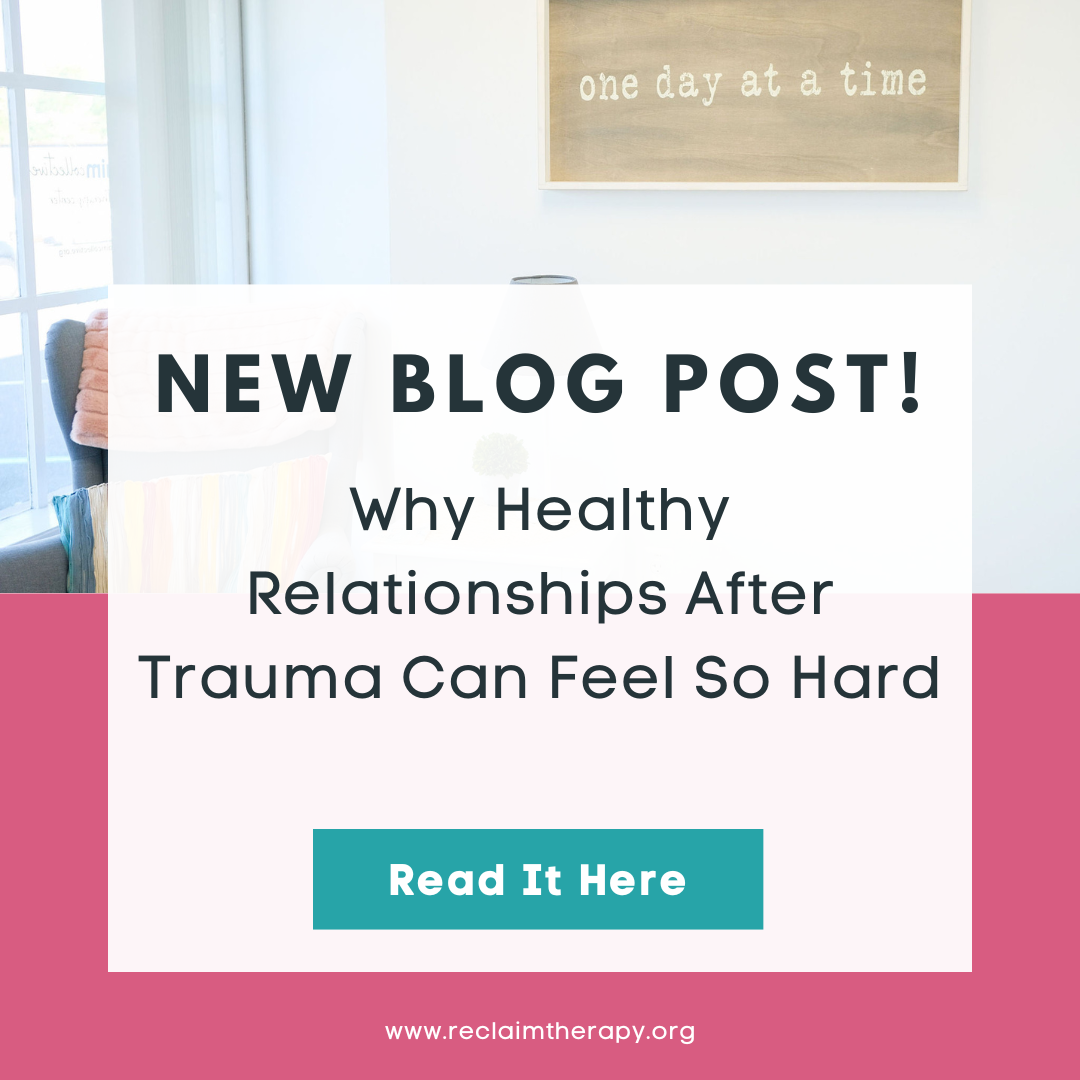
Why Healthy Relationships After Trauma Can Feel So Hard
There’s care. There’s consistency. There’s effort on both sides. And still, something in the body stays tense. Or shut down. Or carefully waiting for the other shoe to drop.
If that’s familiar, it’s not because you don’t know how to be in a relationship.

Signs and Symptoms of Orthorexia
As eating disorder specialists here at Reclaim, we’ve seen firsthand how insidious, dangerous and consuming orthorexia can be.
Often starting from a well intentioned place to be more “healthy”, folks who have vulnerability to developing an eating disorder (biological, cultural and psychological vulnerabilities) can easily find themselves in a place that is quite unhealthy.

Experiencing Orthorexia: Treatment for Orthorexia in Pennsylvania
The perfectionist within remembered the ubiquitous message: “It’s important to eat healthy once you get to college”. “That’s it, that’ll do it”, I thought. Beneath the surface, “healthy eating” felt like the perfect solution to all of my struggles. It felt like just the thing that would manage, if not cure, my anxiety.
Naturally, the first class I signed up for was an introduction to nutrition. It was all a part of the plan: “start fresh, start right”. I remember viewing my first quarter schedule with pride at how much I was “taking care of myself” right off the bat.

30 Overlooked Childhood Trauma Experiences (That Shape Us As Adults)
Most people think trauma means obvious harm.
The yelling. The chaos. The physical or sexual abuse.
But for so many adults healing from complex trauma, the story is much quieter. It is subtle. It hides in what didn’t happen. It shows up in the emotional gaps you learned to work around as a child.

How Childhood Emotional Neglect Creates CPTSD
It shows up as a hollowness you can’t quite name. A loneliness you carry even when you’re surrounded by people who love you. A sense that you should be fine on paper, but inside… something still hurts.

Adult Children of Emotionally Immature Parents and the Four Types of Parents That Shaped Them
You just spent two hours listening to your friend's breakup drama, gave thoughtful advice, held space for all their feelings. And now you're sitting in your car feeling... empty. Exhausted. Like you just ran a marathon you didn't sign up for.
And here's the kicker: when they asked "But how are YOU doing?" you said "I'm good!" without even thinking about it.
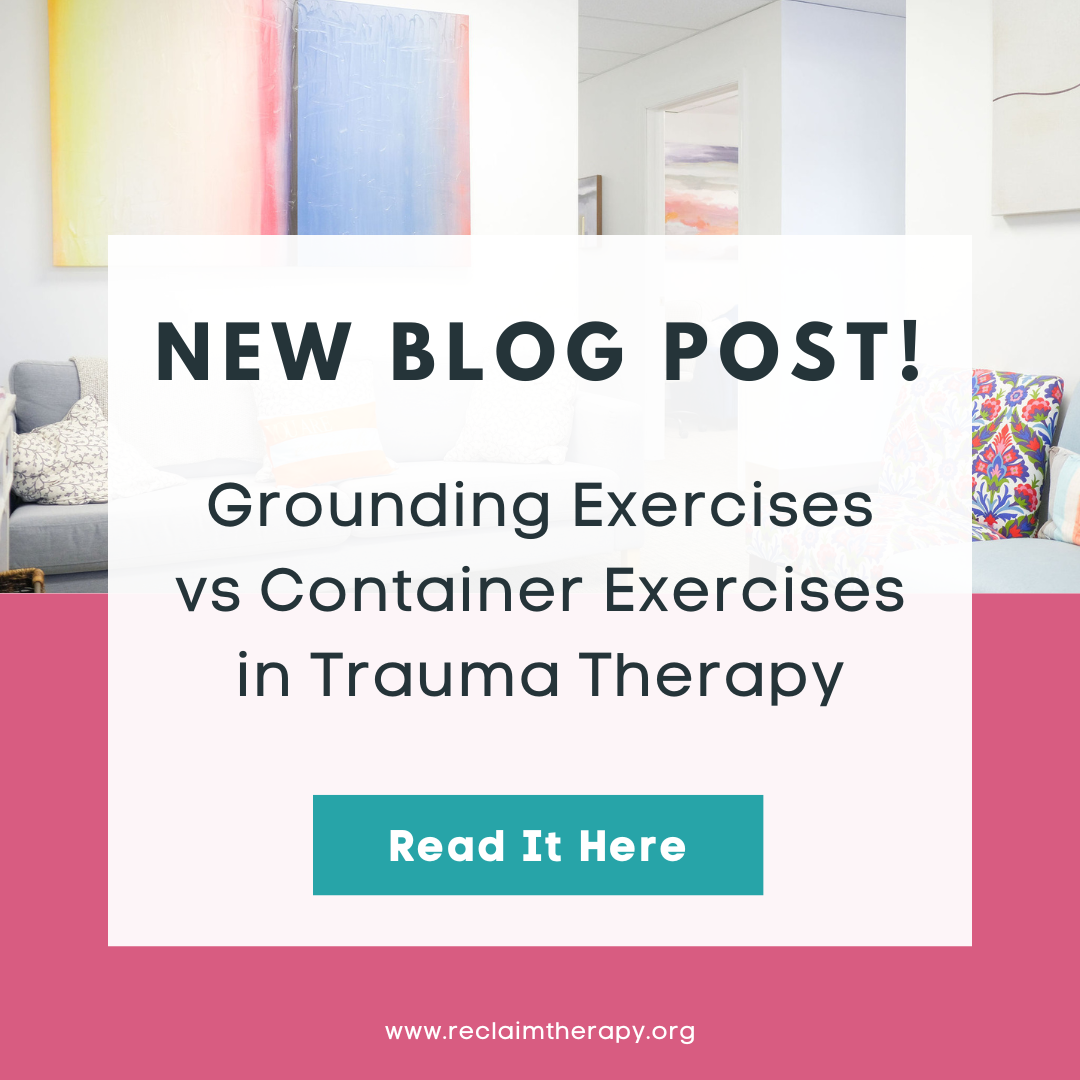
Grounding Exercises vs Container Exercises in Trauma Therapy
The thing is, grounding exercises and container exercises aren't interchangeable.
They do completely different things. And knowing which one to use when can make the difference between actually feeling better and spinning your wheels.

How to Be Direct Without Being Rude
You know that moment when someone asks you for something and you immediately say yes, even though every cell in your body is screaming no?
Or when you spend twenty minutes crafting a text message because you're terrified of coming across as "difficult"?
Yeah. I see you.

What Is Radical Acceptance? A Trauma Therapist's Guide to Actually Practicing It
You know that feeling when your brain just won't stop replaying the same thought?
"This shouldn't have happened. This isn't fair. If only I had done something different."
Round and round, like a song stuck on repeat that's slowly driving you insane.

Are You Bypassing or Processing Your Emotions?
There's a particular brand of self-help that's really just self-abandonment with aesthetic marketing.
And, if you've been doing all the “right” things but still feel like you're dragging a boulder uphill, you might be caught in it.

Hyper vs Hypo Arousal Explained by a Somatic Therapist
You know that feeling when your nervous system is like a smoke alarm that won't shut off?
Heart pounding, thoughts racing, jaw clenched so tight you could crack a walnut?
Yeah, that's one end of the spectrum.
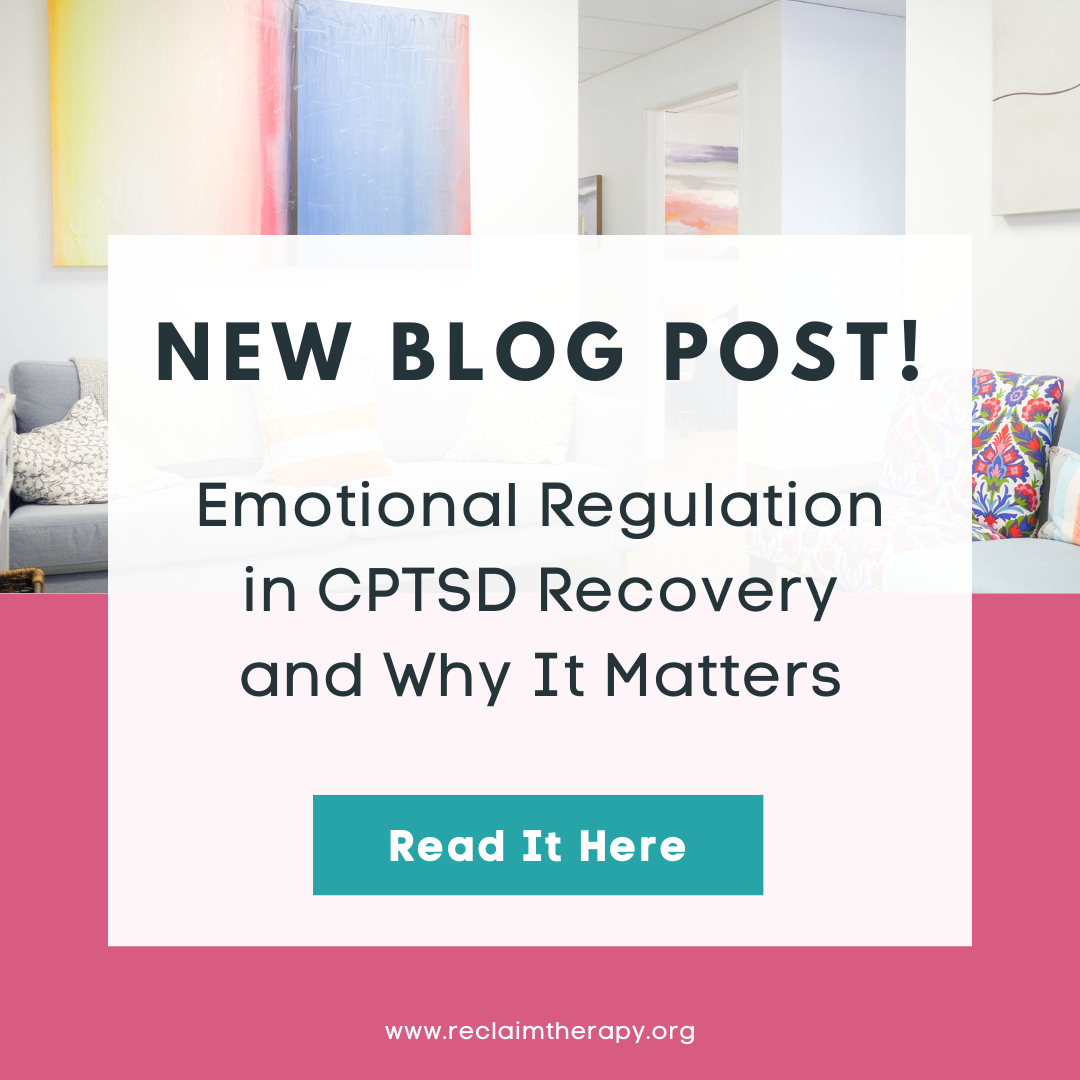
Emotional Regulation in CPTSD Recovery and Why It Matters
Emotional regulation (the thing everyone keeps telling you to work on) isn’t about controlling your feelings or becoming some perfectly balanced human who never loses their cool. It’s about your body finally feeling safe enough to experience what you’re feeling without either exploding or going completely offline.

How to Build Self-Trust (Especially After Trauma and Emotional Neglect)
You know that feeling when you’re standing in front of the cereal aisle, frozen, because you can’t decide which box to buy? Or when someone asks what you want for dinner and your brain just… blanks?

Where to Find Trauma Support in Montgomery County, PA: EMDR and Beyond
Maybe you’ve been putting off looking for help because you don’t even know where to start. Or you’ve tried therapy before and it didn’t quite land, so now you’re hesitant to try again. You know you need something, but the options feel endless and confusing. Do you need a therapist? A support group? Something else entirely?
Here’s what I want you to know: you don’t have to figure this out alone.
